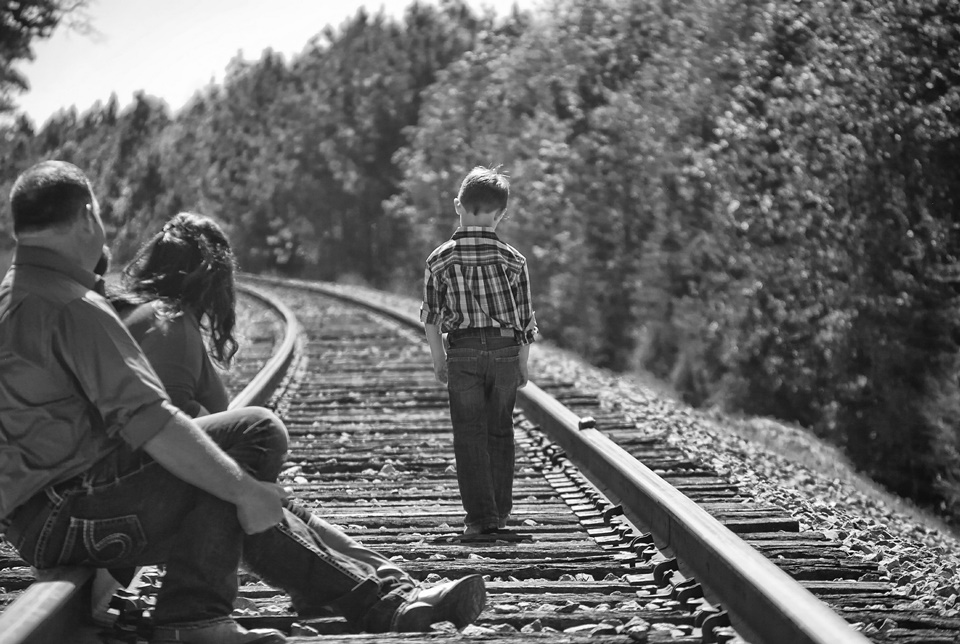
Our ability to feel emotions can be seen as a way in which we receive feedback from the interaction with the world around us. This ability is best seen as a spectrum, going from completely numbness to extremely intense emotions. Most of us find ourselves somewhere in the middle of this spectrum, enjoying our experiences without being overwhelmed by them.
Sometimes we happen to find ourselves closer to one of the edges of the spectrum. Sometimes we realize that we lack any reaction to certain experiences, and we feel like robots. Sometimes we hate ourselves for reacting too much to what seems minor situations. We should first acknowledge the way we are and stop fighting against ourselves. Then, as we explore the complexity of our world, we realize that, whichever position we have on this spectrum of emotional sensibility, there are aspects of our lives that are destroyed by this and others that are greatly enhanced. We should not see our emotional sensibility, or lack of it, as a disability that prevents us from being part of the world. It is better to see it as a direction that is recommended for our lives. It becomes our duty to learn how to follow this direction.
In time, as we discover how to use our uniqueness in useful and beautiful ways, we start to enjoy ourselves more and more. Naturally, as we keep growing, we become more balanced and our position on the spectrum changes, we get closer to the middle. But that should not be our only goal. We should try to learn as much as possible about the advantages and shortcomings of our uniqueness and how to make good use of it. We should not avoid certain situations that make us uncomfortable, but instead, we should seek them intentionally in order to discover more about ourselves. In fact, this might be the only way in which we can grow.
It is very important to not judge ourselves or other people for the mistakes that are due to our uniqueness. Our lives can be harsh enough before we learn to use our ability or find the right environment that allows us to use it. This is especially true for children. Unfortunately, our current society does not give us much flexibility in this regard. Sometimes, if we cannot find the right environment for ourselves, we might need to create one ourselves. This can be both scary and exciting. If we succeed, we will feel it was worth the effort. If we fail, we will discover more about ourselves and our uniqueness. We should learn how to talk more openly about our emotional sensibility, or lack of it. The more we hide from it, the more we hide from ourselves.
Opportunities to find deeper powers within ourselves come when life seems most challenging.
— Joseph Campbell








